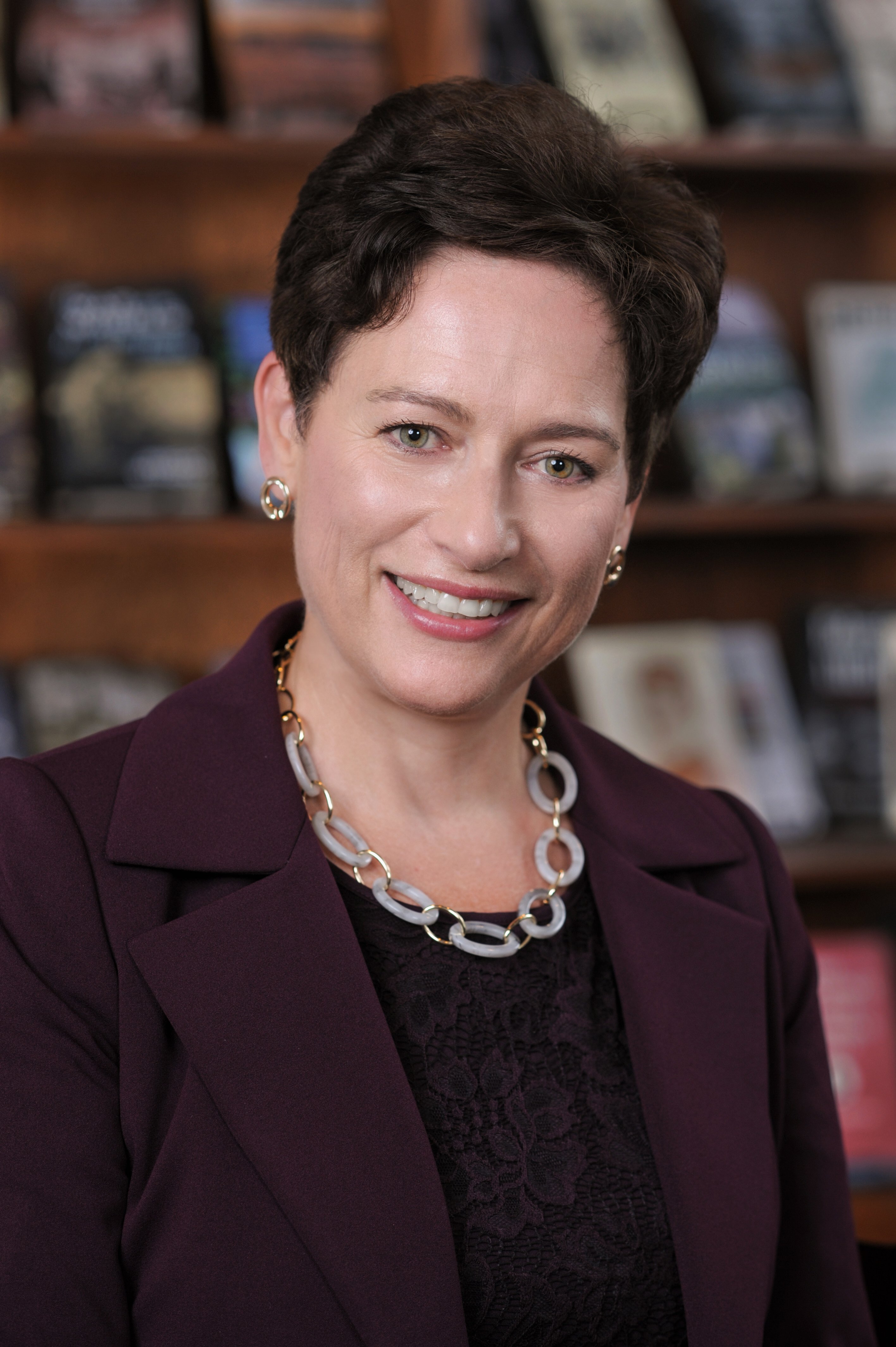Collaborating Across the Corridor
Vivian May leads CNY Humanities Corridor.

Connecting faculty, students and members of the community across disciplinary, geographic and institutional boundaries – this is at the heart of the Central New York Humanities Corridor, an 11-institution scholarly consortium supported by an award from the Andrew W. Mellon Foundation.
“The Corridor’s interdisciplinary and visionary work is driven by faculty and academic staff across the region,” says Vivian May, director and principal investigator of the CNY Humanities Corridor and professor of Women’s and Gender Studies in the College of Arts and Sciences (A&S). “The Corridor was founded, in part, to enhance humanities scholarship and build intellectual community by supporting collaboration, which allows researchers to innovate and solve problems in new ways.”
CNY Humanities Corridor participants form working groups, to address a particular issue, take up a shared project, explore new pedagogies or methods, or to host scholars external to the network for or subject. These working groups fall under broad clusters, or themes, such as historical studies, humanities futures, musicology/performance studies and others. Working groups use Corridor support as “seed money” to focus on short-term as well as larger-scale projects and many go on to be self-sustaining groups. For some, Corridor awards have been stepping stones toward publication as well as external grants and fellowships.
May, who also serves as the director of the Syracuse University Humanities Center in the College of Arts & Sciences (A&S), just wrapped up her first semester as director of the Corridor, succeeding Gregg Lambert in July. Lambert, Dean’s Professor of the Humanities in Syracuse’s College of Arts and Sciences (A&S), had been the Corridor’s principal investigator since 2008. In 2017, Gregg Lambert was instrumental in securing a $6.5 million matching endowment from the Andrew W. Mellon Foundation to sustain the Corridor. Syracuse University was awarded $4 million, Cornell University $1.5 million, and the University of Rochester $1 million to support in perpetuity the Corridor’s mission of fostering connectivity, collaboration and cross-institutional partnerships. The Syracuse University Humanities Center remains the Corridor’s lead institution and its administrative home. The other member universities are Colgate University, Hamilton College, Hobart and William Smith Colleges, Skidmore College, St. Lawrence University, Union College, Le Moyne College and the Rochester Institute of Technology.
Each year more than 3,500 faculty, students and community members participate in upwards of 200 Corridor-sponsored activities across the Upstate region: activities include writing groups, teaching exchanges, conferences, exhibits and performances.
A major goal for May since becoming director is fostering additional opportunities, including Corridor-wide research support opportunities led by the Directors at the Corridor’s endowed institutions (including writing and publishing workshops, grants and fellowships workshops and more), as well as expanding the Corridor’s connectivity between member universities and their wider communities. The CNY Humanities Corridor has created semester snapshots called This Fall Across The Corridor and This Spring Across The Corridor, to highlight working group activities within the CNY Humanities Corridor. “The Corridor is such an engaged community, and it offers humanists new ways to engage in their work. Through new publicity and outreach efforts, I foresee an even richer and broader humanities research landscape ahead,” May says.
For more information on upcoming CNY Humanities Corridor events across the region, visit CNYCorridor.net.
